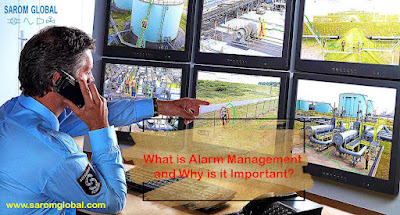Most Frequently Asked Questions about Industrial Control Valves

Over the past century, the control valve industry has experienced enormous expansion. Since they were particularly designed to meet standard standards, industrial control valves have become a crucial component of many Australian industries. Control valves are highly crucial and utilised in numerous process sectors to meet their flow requirements. But how do they function? What is the control valves' underlying mechanism? Do you find these queries bothersome? This article provides comprehensive information about control valves from globally recognised industrial control valve engineering consultants from SAROM GLOBAL. Read on. 1. What are Industrial control valves and why are they used? Control valves are devices are utilised to regulate the direction and flow of fluids, which can be either liquids or gases with a variety of consistencies. It creates a flow path by fully, partially, or partially closing the valve's passage. A valve will allow fluid to pass from the side with hi...

